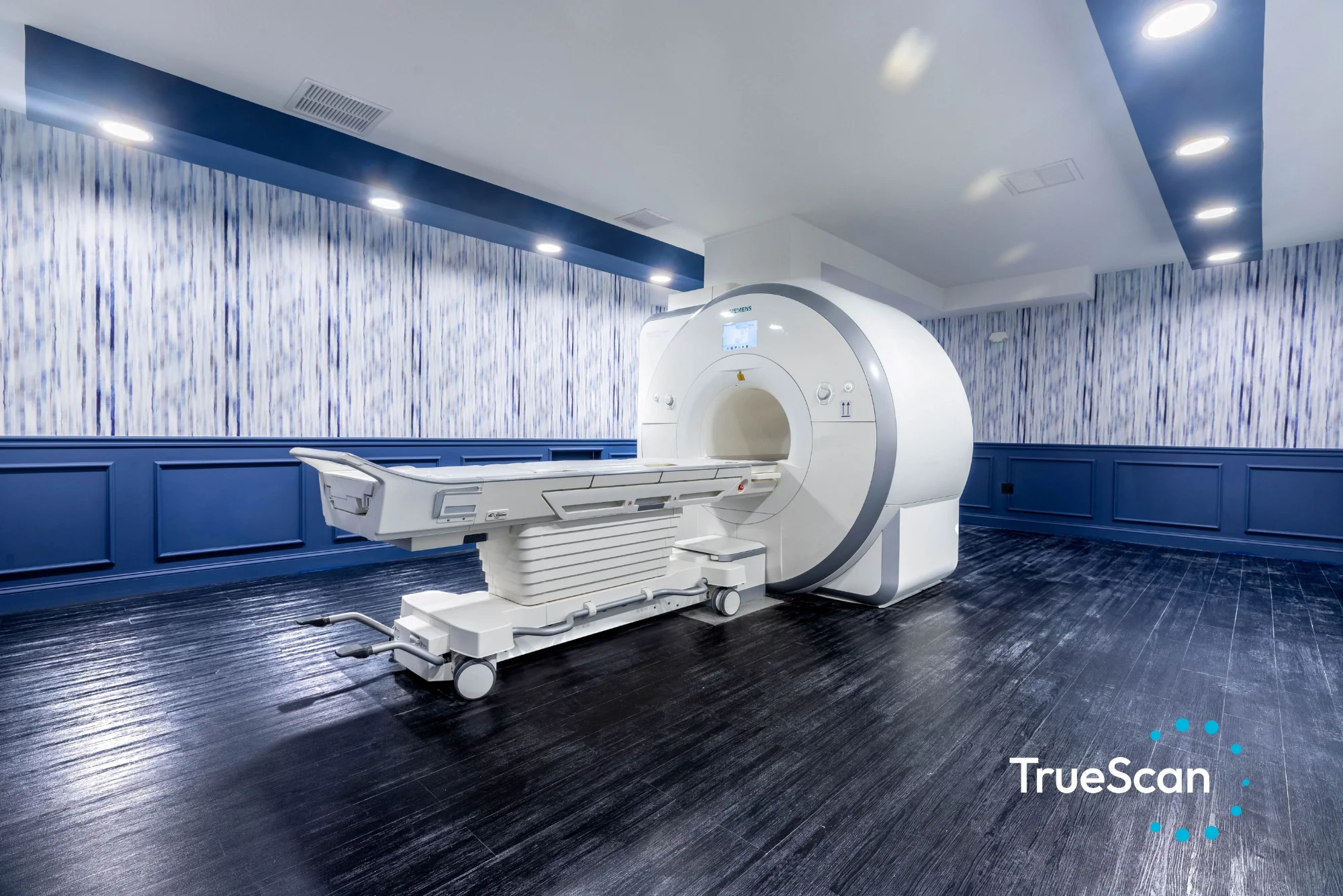
In the olden days of medicine, there was one family doctor who would see everyone for everything. They might treat someone for a fever, remove a pair of tonsils, and deliver a baby all in the same day.
What was missing was the specialty. Doctors were treating so many different conditions that unique cases might be misdiagnosed or poorly treated.
Today, we have specialists: physicians who know a whole lot about one unique area of medicine.
These doctors understand the nuances of their particular areas of medicine to a high degree. The challenge now is in answering two questions:
“What kind of doctor do I need?” and “How do I find them?”
Why Finding the Right Specialist Can Be So Hard
Primary care physicians (PCPs) refer patients to specialists when they feel ill-equipped or overwhelmed in handling a problem on their own. Or, patients may realize they need a specialist and search for one themselves, spending a lot of time doing research, reading reviews, and asking friends and family for recommendations.
In either case, when patients aren’t matched with the right specialist for their needs, they wind up wasting valuable time and money.
We had a recent case where a member was having a specific intestinal issue. His family member had a wonderful experience with their colorectal surgeon and recommended seeing him.
It turned out that this member needed both a colonoscopy and an endoscopy — but the surgeon only performed colonoscopies. The specialist this member needed was not a colorectal surgeon, but a gastroenterologist.
Unfortunately, this happens a lot: People spend hours and hours researching specialists on their own, only to find that the doctor they find isn’t a good match for their needs.
In many cases, patients are effectively going into specialist appointments blind. They’re not entirely sure what kind of doctor they need, just that they need someone. So they make an appointment hoping the specialist will be the right person to diagnose and treat their condition.
Unfortunately, this means the patient could show up to their appointment and discover they’re not booked with the right type of specialist. The doctor may even be confused about why the patient has come in. It can all lead to feelings of discouragement, embarrassment, and even loss of confidence in the medical system.
Luckily, in the case mentioned above, the member came to see us before going to the appointment, which meant we could course correct and recommend the right specialist. This saved a lot of time and confusion for both the member and that specialist.
When Should I See a Specialist (and Why Can’t I Go to My PCP for Everything?)
Because health issues can be painful, worrisome, and emotional, patients often feel overwhelmed figuring out what steps they should take to get the right treatment.
PCPs know a little about a lot, and they’re crucial for your ongoing, general healthcare. But it’s also important to keep in mind that your PCP can’t address everything.
Much like you wouldn’t want a handyman building your house, you wouldn’t want a general physician treating nuanced conditions that a specialist would be far better equipped to handle.
Instead, a PCP will help you find the exact specialist you need for your particular situation.
What Kind of Doctor Do I Need? Types of Specialists
Specialists are truly that: special people. They’ve trained extensively in their particular areas and know vast amounts of information about one organ or system.
While a PCP might only have seen a specific condition once, twice, or never, a specialist has seen that issue hundreds if not thousands of times in their practice. And they know just what to do.
Below is a list of just some of the most sought-after specialists.
- Cardiologist — The heart and blood vessels; treating conditions like heart attack, stroke, and high cholesterol.
- Dermatologist — The skin, hair, and nails; treating conditions like skin cancer, acne, and eczema.
- Allergist — Allergies, asthma, and immune system; identifying causes of allergies.
- Psychologist — Mental health conditions; PhD or PsyD who can provide therapy but not medication.
- Psychiatrist — Mental health conditions; MD who can provide therapy and prescribe medication.
- Rheumatologist — Inflammatory conditions; treating musculoskeletal disease and autoimmune disease like gout, arthritis, and lupus.
- Neurologist — The spinal cord, brain, and nerves; treating conditions like stroke, headache disorders, speech disorders, and multiple sclerosis (MS).
- Urologist — The urinary tract, kidneys, and male reproductive organs; treating conditions like kidney stones, urinary tract infection (UTIs), erectile dysfunction, and overactive bladder.
- Otolaryngologist (ENT) — Ear, nose, and throat; treating conditions like tinnitus, swallowing or smelling disorders, and hearing loss.
- Gastroenterologist (GI) — The digestive system; treating conditions like celiac disease, liver disease, irritable bowel syndrome (IBS), and GERD.
- Pulmonologist — The lungs and related organs; treating conditions like chronic obstructive pulmonary disease (COPD), cystic fibrosis, and emphysema.
What To Look for Once You Know What Kind of Doctor You Need
Once you know what kind of doctor you need, how do you choose one?
Truly, the best way to find the right specialist for your situation is to have the right PCP quarterbacking your care.
For example, at Griffin Concierge Medical we work to build a team of specialists with whom we can have open and regular communication. We even reach out to specialists all over the country to get the best care for our members’ unique situations. That way, we’re able to coordinate care and achieve better outcomes.
We look for specialists who are:
- Collaborators
- Relationship builders
- Communicators
- Highly specialized and nuanced
- Experienced (having seen thousands of cases rather than hundreds)
How Does Griffin Concierge Medical Make Finding a Specialist Easy?
For us, the referral process is just as individual as the person. There is no one-size-fits-all method to finding the right specialist.
The first part of the referral process starts with the same screening tests that every patient needs. When a data point looks off once, it may be nothing. But when that happens repeatedly, we build a case and gather as much information as possible about what’s going on in your body.
Then, we refer you to a doctor in our network of vetted, chosen specialists. While it’s hard to hit a 5-star referral every time, we match our members with specialists as best we can based on our experience and the feedback we’ve received from both members and doctors.
We help members make the most out of their appointments by sending their specialist as much upfront data as possible before they ever see the patient. Our PCPs also often have conversations with the specialist to update them on patient history, lab work, and any other insights they might have.
After the appointment, we follow up with the specialist to make sure we’re in the loop on the member’s results and can continue to take a coordinated approach to the member’s care.
Bottom Line
Having a dedicated PCP on your side is a huge step toward choosing the right specialist for you. It’s more than just putting in a referral; it’s looking at your specific health issue and finding the best possible doctor for your unique needs.
A dedicated PCP will act as your care quarterback, assessing the situation and identifying the receiver in the best position to address your health needs. And both parties will stay in coordination throughout the entire game.




